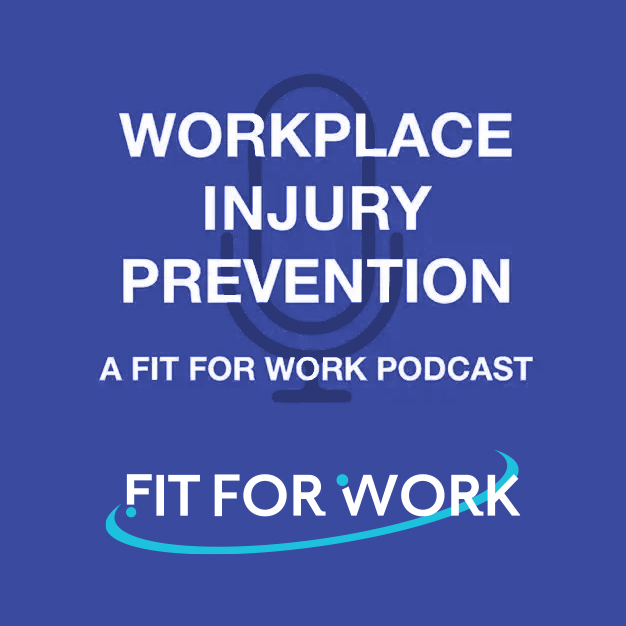The concept of workers’ compensation is fairly straightforward: an employee sustains an injury while on the job, reports the injury, makes arrangements to receive care, and all costs are covered on behalf of the employee. It’s an important system that serves to protect both employees and employers in the event of an injury.
But there’s a fundamental problem with workers’ comp – it’s designed to work in the case of sudden, traumatic, and unexpected injuries. If an employee is in an accident on the road or falls from an elevated platform in the warehouse, filing and processing a claim is typically very straightforward.
The problem is that many injuries that cause issues for employers aren’t those that are straightforward. They’re those that develop over long periods of time that aren’t as easily identified or remedied. These are known as musculoskeletal disorders (MSDs), and they represent a major issue for workers and employers alike.
- MSDs are among the most frequently reported causes of lost or restricted work time
- In 2013, MSDs accounted for 33% of all worker injury and illness cases
- Economic burden of MSDs is estimated to be between $45 billion and $54 billion per year
Musculoskeletal disorders
MSDs don’t occur overnight. In physical and repetitive environments, they usually take a long time – weeks, months, and even years – to fully manifest in the form of a painful issue. While major injuries may take place in a day during a sudden and dramatic moment, MSDs develop as workers are performing routine physical labor every day without recognizing there’s a problem – until it’s too late.
This poses an issue for the workers’ comp process because as the injury takes place over weeks, months, or years, the date of report becomes arbitrary. The good news is that MSD injuries are predictable and preventable. For instance, repeatedly exercising poor posture or movements on the job or utilizing improper processes such as carrying an object rather than using a cart are both drastically different causes of injury than an equipment-related accident or a falling object. Even still – there are turnkey strategies to prevent them from happening.
This is what onsite Early Intervention (EI) strives for – to get ahead of MSDs in the workplace and to take action against them before they develop into more serious injuries.
Using EI to reduce MSDs
When MSDs progress into workers’ comp claims, it can become a confusing and costly process for everyone involved. The best way to get ahead of that series of headaches is to prevent injuries from happening in the first place through Early Intervention.
Through Early Intervention, Fit For Work engages one-on-one with your employees wherever they are – on the factory floor, in the warehouse, on the road, or anywhere in between – to assess their role and to ensure they are in a position to experience safety and success. We analyze the three leading indicators of an injury – early soreness, ergonomics, and behaviors – to reduce injuries and associated costs by 50%.
While MSDs can be frustrating to deal with, there are proven strategies to prevent them from ever occurring. Contact us today to get ahead of musculoskeletal disorders in the workplace and to reduce workers’ comp claims across your organization.





